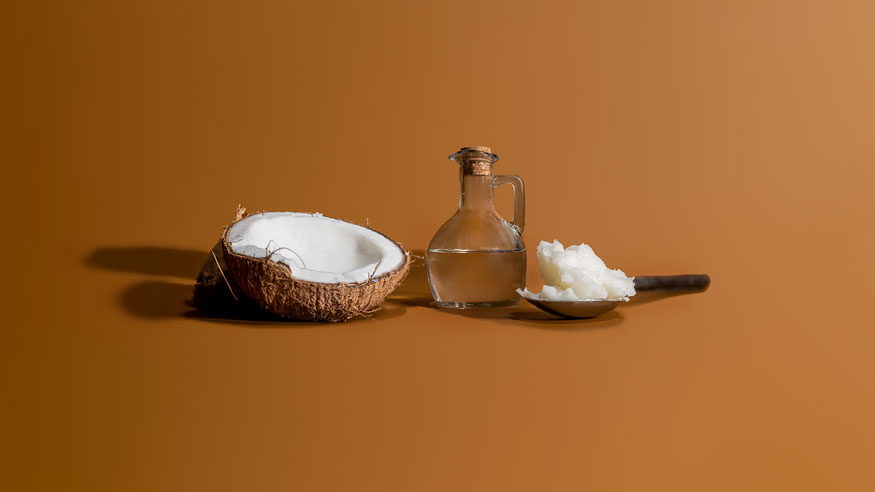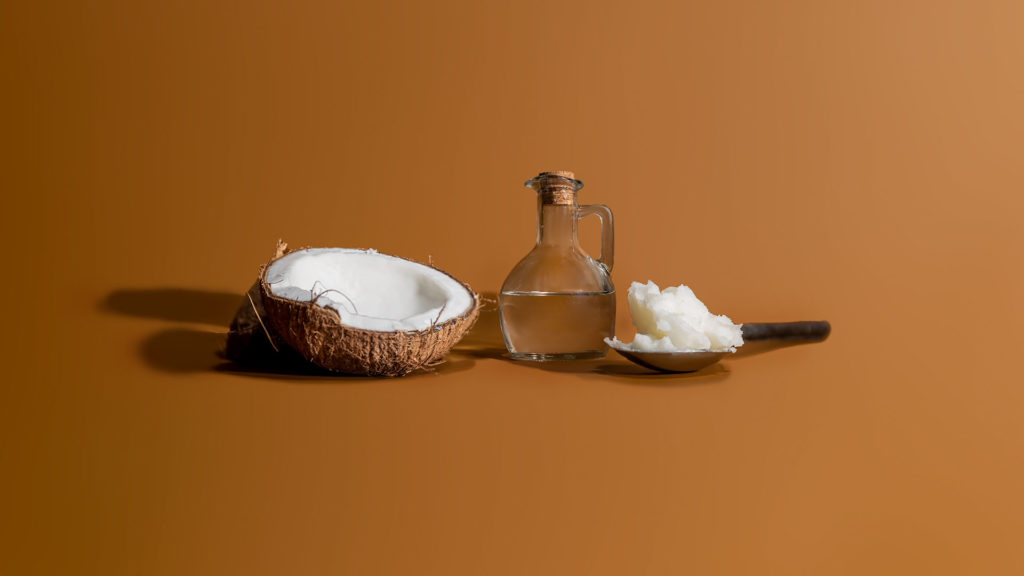No parent wants to see their child sick, but more often than not, parents don’t feel completely at ease giving over-the-counter or prescription medications—at least not for minor illnesses that are likely to run their course within a few days. More and more, parents are turning to natural remedies, which are enjoying a surge in popularity these days. The 2020s might just represent a new “golden age” of alternative medicine…but how effective (and more importantly, how safe) are these solutions? The answer varies depending on the remedy. Let’s take a look at some of the most popular cure-alls to learn more about their purported health claims, how well they work, and what your doctor thinks about using them.

Amber Teething Necklaces
Emerging teeth cause pain that leads to drooling, fussiness, and sleepless nights (for both baby and om and dad). Cold pacifiers, teething rings, and gently massaging the gums can help, but parents looking for a natural remedy have been turning to amber teething necklaces in recent years. The Baltic amber in these necklaces releases oils containing succinic acid, a natural analgesic, when exposed to body heat. When these ingredients are absorbed through the skin into the bloodstream, they supposedly calm and soothe a fussy child.
Do they work?
Succinic acid is considered safe by the U.S. Food and Drug Administration, and while it does contain anti-inflammatory and immune-boosting properties, there are no scientific studies confirming the effectiveness of amber teething necklaces. Furthermore, Marie Farke, a CNP at Rapid City Medical Center, cautions that the FDA issued a warning about teething necklaces following an infant strangulation and multiple reports of choking incidences. The American Academy of Pediatrics recommends parents avoid all teething necklaces due to their inherent dangers.

Essential Oils
The list of ailments essential oils have no effect on is much shorter than those they are purported to cure! These compounds, extracted from the flowers, bark, leaves, and fruit of various plants, have been used in folk medicine applications for centuries to treat everything from anxiety and nausea to migraines, eczema, insomnia, and cancer. They are most commonly inhaled through a process known as aromatherapy, in which the scent molecules stimulate the amygdala of the brain. Popular essential oils include lavender, peppermint, eucalyptus, tea tree oil, lemon, and clove.
Do they work?
Essential oils aren’t a miracle cure like some claim. Despite numerous clinical trials, there is scant evidence they provide much benefit, and must be used with caution. They aren’t regulated by the FDA and may contain ingredients not listed on the bottle. Essential oils must be diluted before use, should not be ingested, and can cause allergic reactions. Doctors recommend parents avoid giving children essential oils of any kind. Those who are pregnant or nursing should get their doctor’s okay before using them.

Apple Cider Vinegar
Apple cider vinegar (ACV) is more than just a cooking ingredient found in the pantry; people have been extolling its health virtues for years. As with many alternative medicines that have been embraced by mainstream society, the claims are hard to digest: ACV supposedly helps cure diabetes, contributes to weight loss, and clears up bacterial infections. All these assertions can’t possibly be true…right?
Does it work?
ACV is one of those rare ingredients that lives up to its hype. It contains acetic acid, an organic compound with antimicrobial properties that help neutralize bacteria and other microorganisms. Studies have shown that ACV is effective in lowering blood sugar levels, calming an upset stomach, reducing nasal congestion, and clearing up acne. There is even evidence that it may help lower blood pressure, suppress your appetite, and reduce your risk of developing esophageal cancer. It’s high in antioxidants and, like all probiotics, promotes healthy gut bacteria. It is safe for children, but be sure to avoid unpasteurized ACV (which can cause food poisoning) and use sparingly as it can contribute to erosion of tooth enamel.

Coconut Oil
Coconut oil is touted as a “superfood” with some pretty amazing health benefits. Proponents say it boosts metabolism, aiding weight loss efforts; improves mental functioning, slowing the progression of Alzheimer’s disease; promotes strong heart health; and helps prevent diabetes and arthritis. Some parents swear it alleviates cradle cap and diaper rash. Coconut oil is very high in saturated fat, drawing the scorn of many health professionals, but that fat consists mostly of medium-chain triglycerides, which raise HDL (“good” cholesterol) levels. The question is, does the good outweigh the bad?
Does it work?
Coconut oil also raises LDL (“bad” cholesterol) levels, so its impact on heart health is neutral at best. Those fatty acids go straight to the liver, helping you digest foods more efficiently, but coconut oil is high in calories, which may offset any advantages. And evidence of its ability to reduce cognitive decline is purely circumstantial. There are some genuine benefits for parents of newborns, however; gently massaging coconut oil onto your baby’s scalp can help clear up the rash associated with cradle cap, and similarly, applying a little bit to their rear end may reduce the inflammation and irritation that accompany diaper rash.

Chicken Soup
Chicken soup is good for the soul, but is it good for the body? Your grandmother would answer with a resounding “yes!” This has been a go-to home remedy for eons, used to soothe a cold or flu and speed up the healing process. Think of it as the original superfood!
Does it work?
There has been anecdotal evidence of chicken soup’s disease-fighting properties for centuries, and recent scientific studies actually back up many of those claims. The broth is warm and soothing and chock full of electrolytes, keeping you hydrated and reducing nasal congestion and sore throat irritation. In addition, it’s high in protein, vitamins, minerals, and antioxidants—ingredients that help with digestion and give the immune system a boost in fighting off germs and infection. Chicken soup also contains tryptophan, which encourages serotonin production. This can literally improve your mood and make you feel better! There is no remedy more natural (or delicious) than homemade chicken soup…so go ahead and ladle up a bowl when you’re sick.
written by Mark Petruska
photos Jesse Brown Nelson
featured in the spring 2020 issue of BHParent magazine

